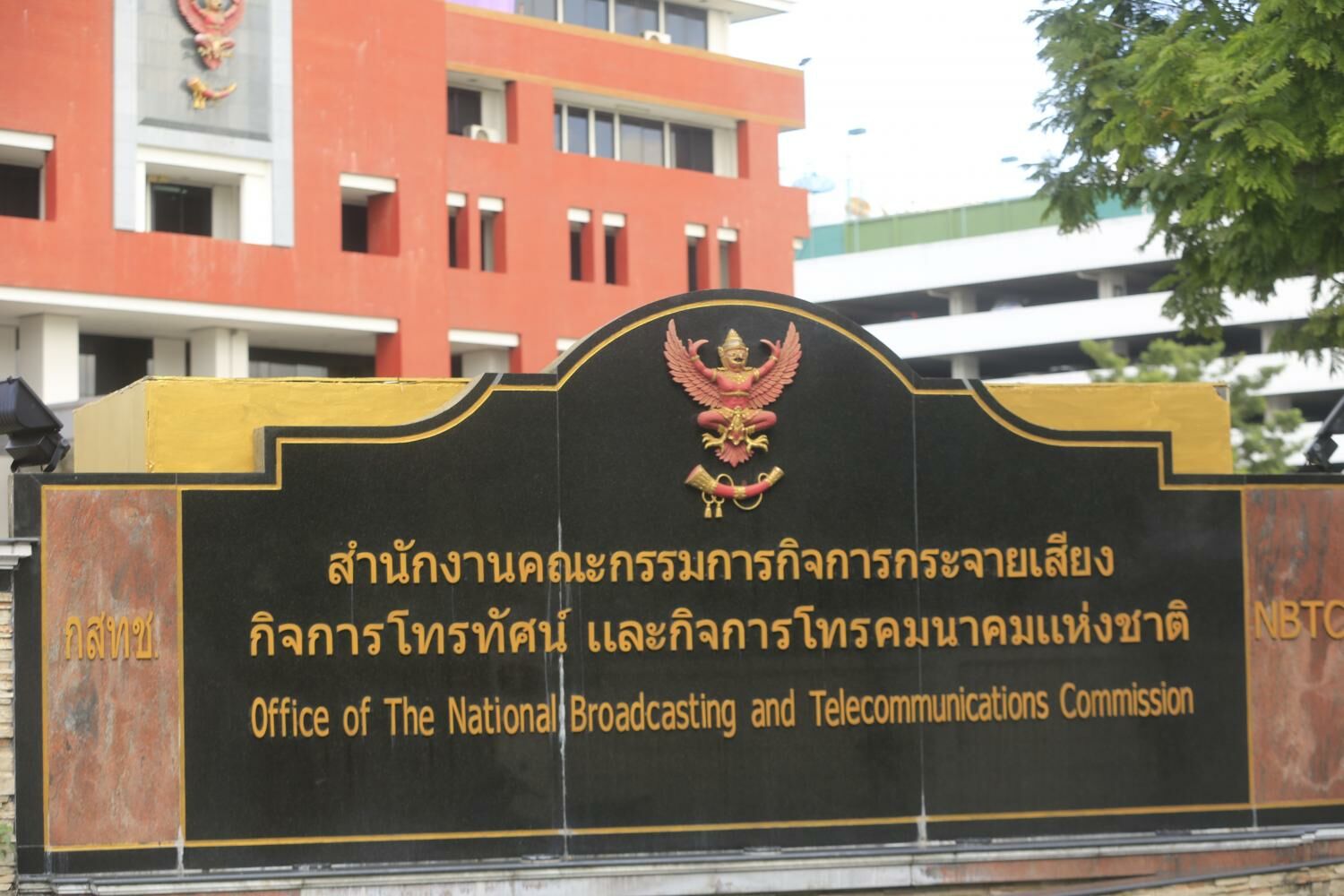NBTC plans to boost Internet connectivity for impoverished Bangkok communities

In a bid to bridge the digital divide, the National Broadcasting and Telecommunications Commission (NBTC) has announced plans to increase Internet connectivity for impoverished communities in Bangkok. The initiative also includes the provision of WiFi service for districts nationwide. This move forms part of the NBTC’s fourth universal service obligation (USO) plan.
In line with the draft USO 4.0 scheme, adjustments have been made to some definitions of the USO projects to accommodate additional dimensions. As stated by the NBTC Commissioner, Somphop Purivigraipong, the internet for slum communities and WiFi for districts are digital tools intended to enhance the daily life of the underprivileged.
“The NBTC office is collaborating with the Social Development and Human Security Ministry to ascertain the definition of socially vulnerable groups.”
Somphop added that the office is also liaising with the Bangkok Metropolitan Administration to categorise impoverished people in Bangkok, by project definitions, reported Bangkok Post.
Somphop explained that the regulator would need to consult with the Subdistrict Administrative Organisation to gauge the exact WiFi demand in regions nationwide. Furthermore, discussions may be needed with telecom operators regarding the facilitation of support for slum dwellers and the economically disadvantaged in districts across the country.
“We are seeking suitable conditions before rolling out the project.”
Somphop also made it clear that the NBTC’s aim is not to execute the project solely through its USO fund but to possibly seek support from private operators, particularly for mobile services and data usage.
Telecom operators, tasked with the operation of USO projects under NBTC standards and objectives, could lessen their annual USO fees payable to the NBTC by offsetting investment expenses from the USO fee. Currently, telecom licensees are required to pay an annual USO fee to the NBTC, calculated at 2.5% of their total revenue.
It is noteworthy that the NBTC office currently operates USO under its USO 3.0 scheme, set to run until the end of this year. The former NBTC board initiated the implementation of the NBTC’s USO 3.0 scheme before the current board began their tenure in April 2022.
The regulator is now preparing to implement the USO 4.0 plan, slated to commence next year. The initiative is expected to address the digital divide from 2024 to 2026, spanning a normal operational period of three years for the USO plan.
Latest Thailand News
Follow The Thaiger on Google News:


























